
Recommendation
Quick! You’ve got 15 minutes of free time before your next meeting. What do you do? The draw of the screen is strong. But is there something you could do – apart from scrolling through social media – that leaves you with a more meaningful experience? What if you’ve got a couple of free hours? A whole weekend? A three-week vacation? The decisions you make about how you spend this time will largely determine the quality of your life. In this episode of the Upping Your Elvis podcast, guest and best-selling author James Wallman offers some advice on how to spend your time wisely.
Summary
About the Podcast
James Wallman is the CEO of the World Experience Organization, and the best-selling author of Stuffocation and Time and How to Spend It. In the Upping Your Elvis podcast, author and entrepreneur Chris Baréz-Brown and speaker and innovator Jim Lusty do different experiments to find out how to get people’s energy right, so they can get their extraordinary on.








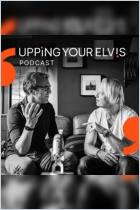
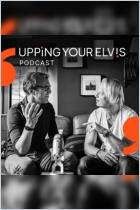
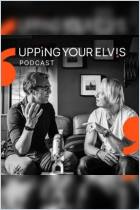
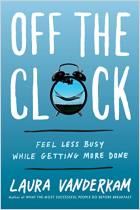

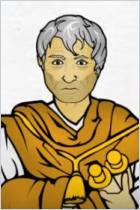
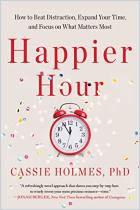
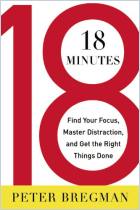




Comment on this summary